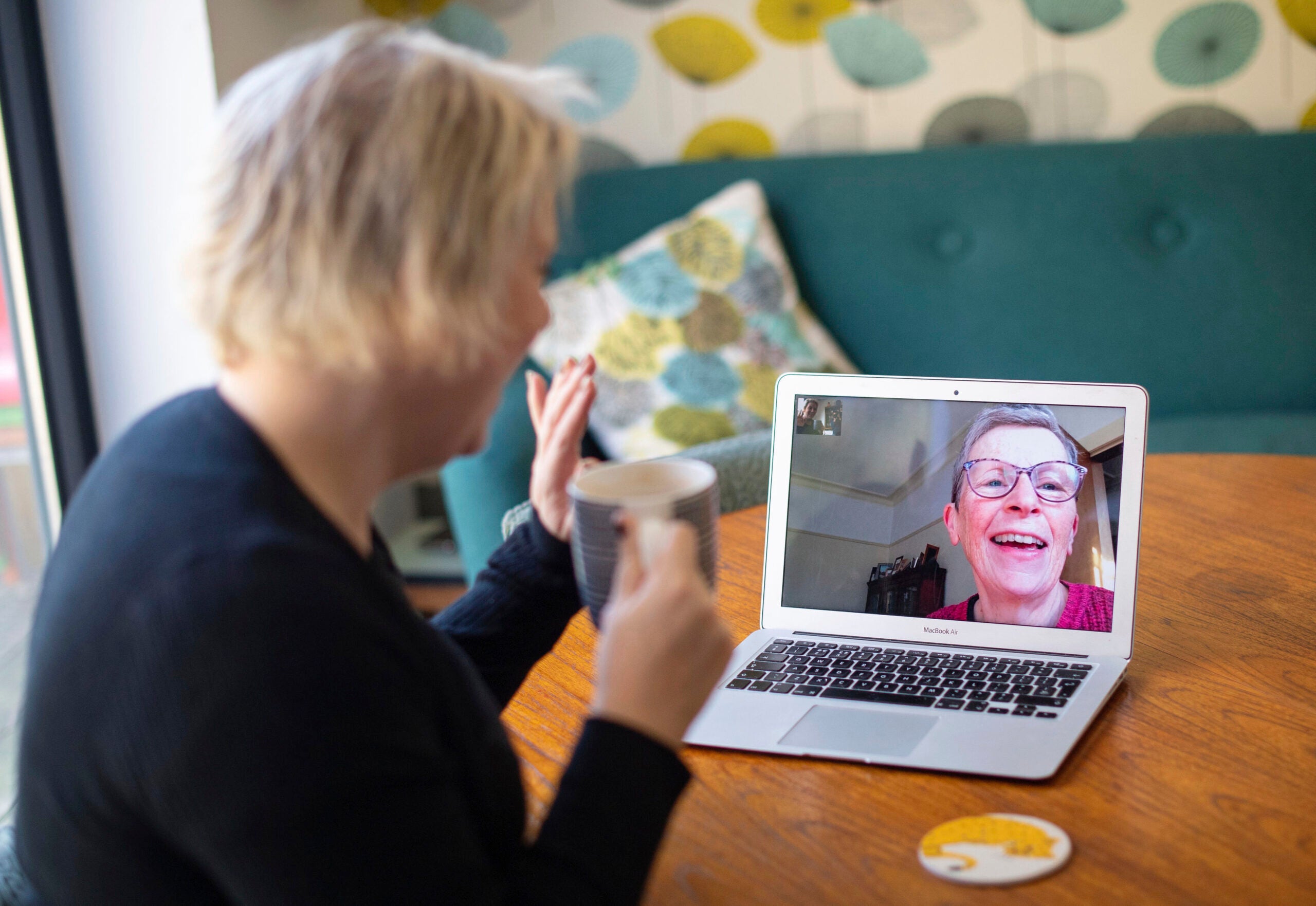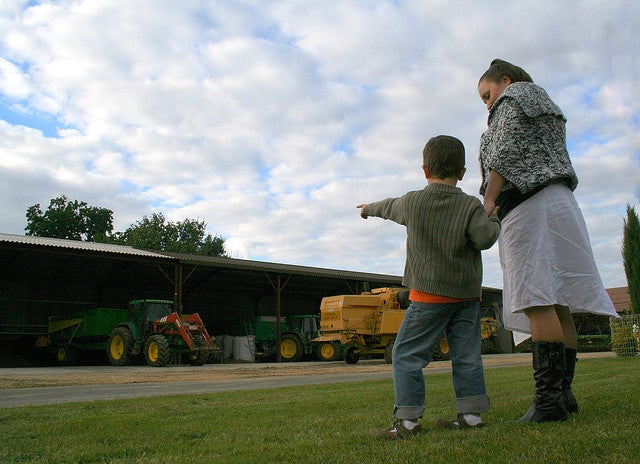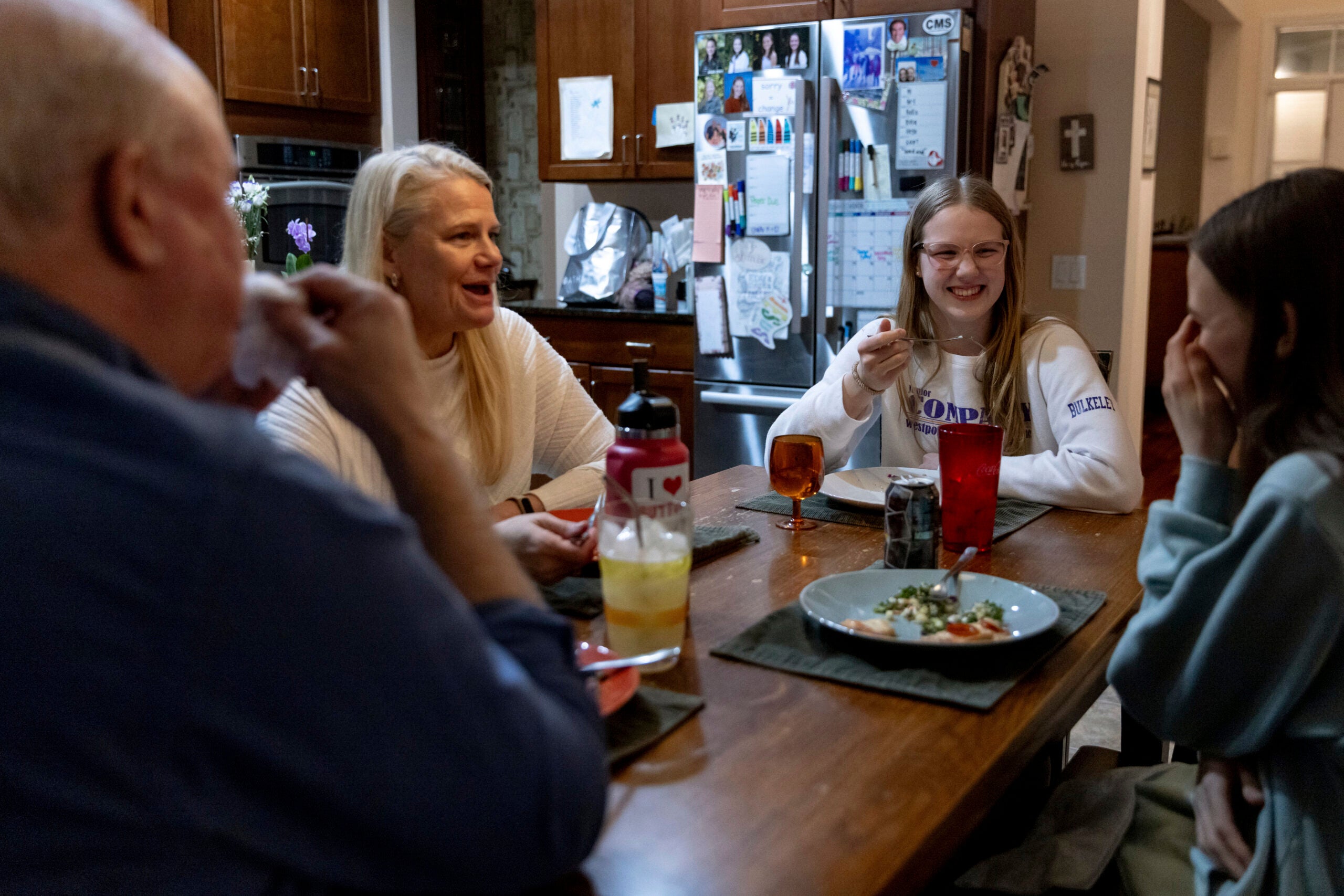Gentle readers, this is the second of two columns. The first dealt with COVID-19 itself, the viral pandemic that is changing our society.
This one addresses the anxiety, the angst, nervousness, depression, panic that’s come with this pandemic — I could go on and on, but you get the point. It’s the psychological trauma associated with the disease, the fear of the disease, the self-quarantining, the isolation that this true emergency has caused.
Over my 40 years of medical practice, I have never seen so many people so anxious, so worried, so upset. Now, granted, I’m a doctor. That means people call our office when they’re in trouble. But many of us might just have that twinge of worry.
Stay informed on the latest news
Sign up for WPR’s email newsletter.
So, what to do? I have a few suggestions.
When you realize you can’t go out and see your friends, your relatives and your colleagues at work, you realize how socially connected we are. Fortunately, we are a more socially connected world than ever before when it comes to technology.
My first thought is to call someone you love. This is different from emailing and texting them. Yes, those are an important part of our connectedness, but talking to them on the phone, hearing their voice is a much richer experience.
Even better is to set up a video chat. Our four kids text us, email us and call us all the time. But a video chat is so much more special — especially when we see our grandchildren, all young ones, play in front of the screen. Don’t do this just one time, but set up regular times to talk through the week.
Another step is an act of compassion. If you’re young and healthy, not at high risk, you might just shop for that senior citizen shut-in who needs groceries. They can tell you what they want and you can shop for it — or better yet, you can order online so it’s delivered directly to your car (if this service is available in your area).
Connecting with someone in need in your neighborhood, through your church or synagogue, temple or mosque, or the local senior center, will help you feel better, help them feel better and improve the strength and vitality of our entire community.
Next consider mindfulness meditation — it provides ways to calm your mind. There are many websites; the one I like is the Center for Healthy Minds, pioneered by Dr. Richard Davidson of the University of Wisconsin-Madison. It’s a fine resource for beginners and seasoned meditators. It helps lead you to that calm place where we all need to be this day.
Yoga is another excellent choice. There are many yoga apps, as well as some yoga studios doing live sessions on YouTube. It’s excellent for the body and for the mind.
Which brings up exercise. Just because we can’t exercise with others at the gym doesn’t mean we can’t do it at home by ourselves. I had a patient the other day who goes to the gym three days a week. She was so upset that the gym was closed — not just because she missed the workout, but because she missed her friends.
You can follow an exercise app at home. It’s not the same as going to the gym, but exercise will strengthen the body and calm the mind.
You’ll notice I left this suggestion for last: medications. Antidepressants are very useful, although they don’t kick in as soon as you take them. But for many with anxiety, one month after you start taking medication, the dark tunnel tends to show some light.
Tranquilizers such as Xanax are not a good idea — they work, but they’re habit-forming and addictive. I would stay away from that.
If you can schedule a time with a therapist to discuss your problem, it’s a great thing to do. The problem is getting into one that will be covered by your insurance policy. The spots are limited, and many have temporarily closed their doors, but for the seriously depressed person during this time, it’s an appropriate option. And many have virtual visits by phone or video chat.
My spin: We are living through stressful times, and how long it will go on is unclear. Finding a way to handle it, psychologically, is critical in keeping you healthy. It’s not just kicking the virus, but also kicking the viral fear that COVID-19 has unleashed. Let’s be community strong. Stay well.
Wisconsin Public Radio, © Copyright 2025, Board of Regents of the University of Wisconsin System and Wisconsin Educational Communications Board.





